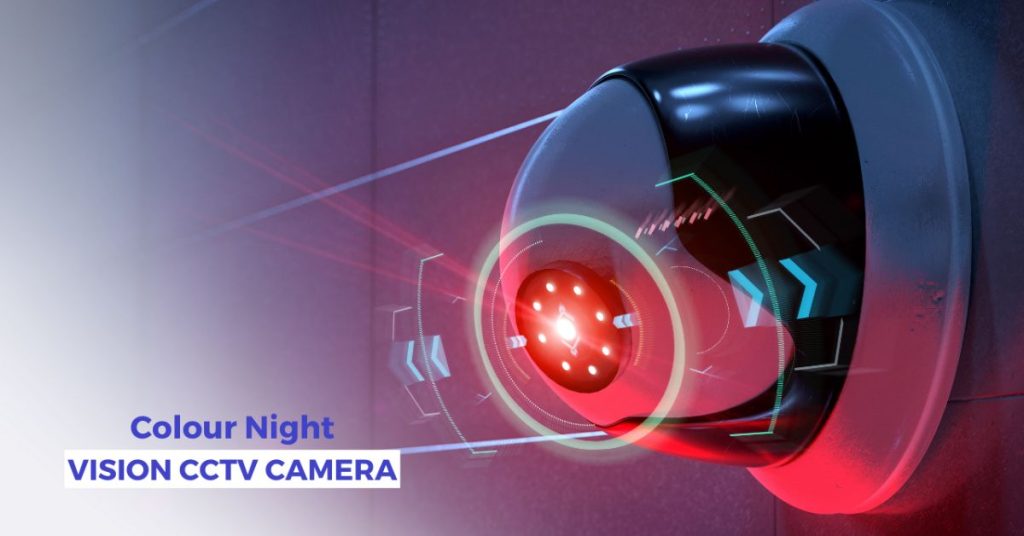The Best CCTV For Your Optimum Safety
In today’s world, home security is a top priority, and one of the most effective ways to protect your property is by installing security cameras. However, with so many options available, choosing the right security cameras for your home can be overwhelming. To help you make an informed decision, here are key factors to consider when selecting the best security cameras for your needs.
In today’s world, home security is a top priority, and one of the most effective ways to protect your property is by installing security cameras. However, with so many options available, choosing the right security cameras for your home can be overwhelming. To help you make an informed decision, here are key factors to consider when selecting the best security cameras for your needs.
- Camera Type: Indoor vs. Outdoor
The first decision you’ll need to make is whether you need indoor or outdoor security cameras. Outdoor cameras are designed to withstand the elements and often come with features like weatherproofing and infrared night vision. Indoor cameras, on the other hand, are optimized for monitoring the inside of your home and tend to be more compact.
- Resolution and Video Quality
The clarity of the footage your camera captures is critical. Look for cameras with at least 1080p resolution for clear images and videos. Higher resolution cameras, such as 4K, provide even more detail, which can be particularly useful for identifying faces and license plates.
- Field of View
The field of view (FOV) determines how much area the camera can cover. Cameras with a wide-angle lens (e.g., 120 degrees or more) can monitor larger areas, reducing the number of cameras you need. For smaller, more focused areas, a narrower FOV may be sufficient.
- Night Vision and Low-Light Performance
Since many incidents occur at night, having a camera with excellent night vision is crucial. Look for cameras with infrared (IR) LEDs or low-light sensors that can capture clear footage in the dark. Some advanced models also offer color night vision, providing even more detail.
- Power Source: Wired vs. Wireless
Consider how the camera is powered. Wired cameras are reliable and often offer higher video quality, but they require professional installation and may have limitations on placement. Wireless cameras offer flexibility in placement, are easier to install, and can be battery-powered, though they may need regular recharging.
- Smart Features and Integration
Modern security cameras come with a variety of smart features. Motion detection, two-way audio, and integration with smart home systems like Alexa or Google Assistant can enhance the functionality of your cameras. Ensure the cameras you choose are compatible with your existing smart home setup.
- Storage Options: Cloud vs. Local
Security camera footage needs to be stored somewhere. You can choose between cloud storage and local storage. Cloud storage offers easy access to footage from anywhere, but may require a subscription. Local storage, using an SD card or a network video recorder (NVR), provides more control but can be limited in space.
- Weather Resistance
For outdoor cameras, weather resistance is essential. Look for cameras that are rated for weatherproofing, typically with an IP rating (e.g., IP65 or IP66). This ensures they can withstand rain, snow, and extreme temperatures.
- Budget and Price
Security cameras come in a wide range of prices. Determine your budget and find cameras that offer the features you need without overspending. Keep in mind that higher-priced cameras often come with advanced features like higher resolution, better night vision, and more robust smart integration.
- Brand Reputation and Customer Support
Finally, consider the reputation of the brand and the quality of customer support. Trusted brands often provide more reliable products and better customer service. Read reviews and research the brand’s history before making a purchase.
Key Factors to Consider
When choosing security cameras, consider the following factors:
- Resolution: The higher the resolution, the clearer the footage will be. Opt for cameras with at least 1080p (Full HD) resolution for optimal image quality.
- Field of View: A wider field of view allows cameras to capture more of the surrounding area. Consider cameras with a minimum of 120 degrees field of view.
- Night Vision: Ensure the cameras have night vision capabilities to provide clear footage even in low-light conditions. Infrared technology is commonly used for this purpose.
- Indoor or Outdoor Use: Determine whether you need cameras for indoor or outdoor use. Outdoor cameras should be weatherproof and have robust construction.
- Wired or Wireless: Wired cameras offer better reliability and video quality but require professional installation. Wireless cameras are more convenient to install but may have signal interference issues.
- Storage: Decide how you want to store the recorded footage. Options include cloud storage, local storage (NVR or DVR), or a combination of both.
- Smart Features: Consider cameras with smart features such as motion detection, two-way audio, and integration with other smart home devices.
Dome Cameras: Dome cameras offer a discreet and versatile solution for both indoor and outdoor use. They provide a wide field of view and can be easily adjusted to capture different angles.

Our Core Responsibilities
- Security Risk Assessment: Eagle Sweep Nigeria Limited will carried out wholistic security and risk assessment of the entire building and environment, thereby reporting the best approach to eliminate all threats and vulnerabilities.
- Professional Installation: For optimal performance and security, consider hiring a professional to install your security cameras.
- Regular Maintenance: Ensure your cameras are properly maintained and cleaned to avoid performance issues.
- Monitor Footage Regularly: Review the recorded footage regularly to identify any potential security threats.
By carefully considering the factors outlined in this blog post, you can choose the best security cameras to protect your home and loved ones. Remember to prioritize quality, reliability, and features that align with your specific needs. With the right security cameras in place, you can enjoy peace of mind and deter potential intruders.










